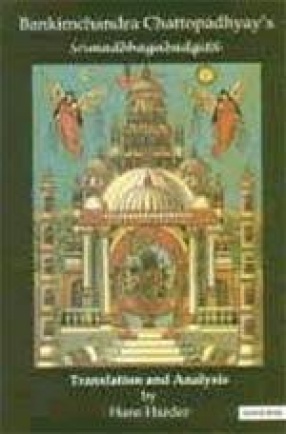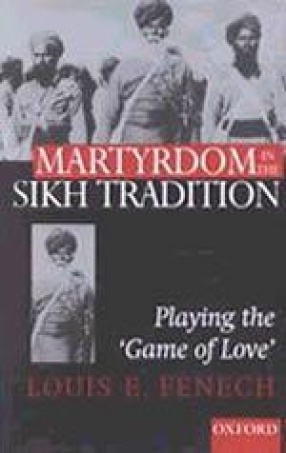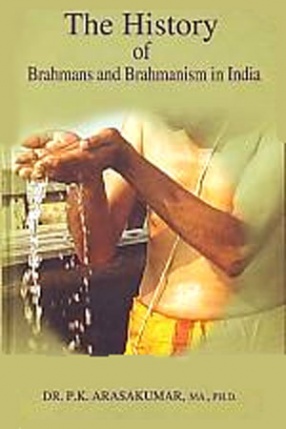This book is an attempt to re-examine Bankimchandra’s religious thinking in the context of the nineteenth century on the basis of his Srimadbhagabadgita. Written in instalments from 1886-88, his little-noted Gita commentary is a key text of nascent modern (or neo-) Hinduism. The mediation between east and west, science and religion, and the nationalist assertion that Gita-based Hinduism represents the most superior and universal religion, are its dominant features. The analysis following the translation aims at identifying the tools Bankimchandra uses in trying to establish the superiority of Hinduism. His switching between normative and empirical definitions of terms enables him, e.g. to interpret the concept of dharma as the most universal formulation of religion. Likewise, in his apology for image-worship, Hinduism gets the bonus of being the most complete and most tolerant of all religions. The nationalist intention of the commentary is equally evident in its communicative set-up. It is shown that ancient Indian Gita commentators are treated as in-group members, who are, whenever necessary, complemented away by means of a ‘polite dismissal’. Western indologists, by contrast, are sometimes cited as examples of utter incompetence, betraying the underlying intention of taking the authoritative discussion about India back to India. In the conclusion, the interplay of intentions and constraints in Bankimchandra’s thinking are integrated into a larger-scale assessment of his concept of Hindu-Indian identity and cultural self-assertion. Historically, Bankimchandra must indeed be regarded as one of the founders of ‘Hindu nationalism’ and an influential ‘essentialiser’, despite the fact that the complexity of his thought would have allowed quite a different reception. Many of his interpretations, popularised by Vivekananda, Aurobindo and others, have evolved into standard modern Hindu standpoints.
Martyrdom in the Sikh Tradition: Playing the "Game of Love"
The notion of martyrdom and ...
$24.30
$27.00





There are no reviews yet.